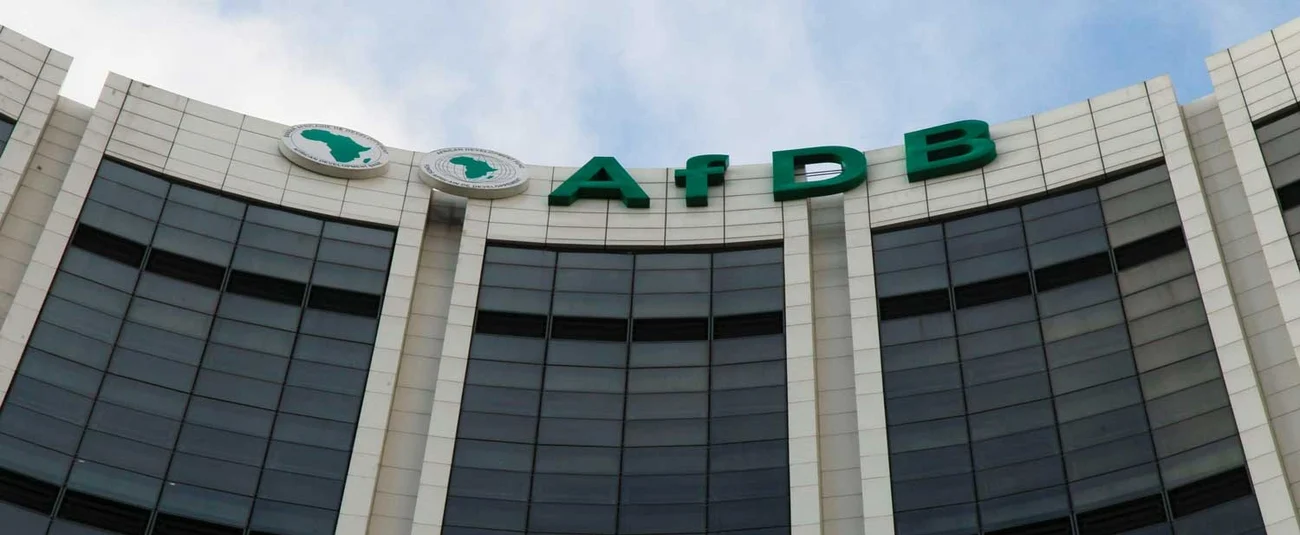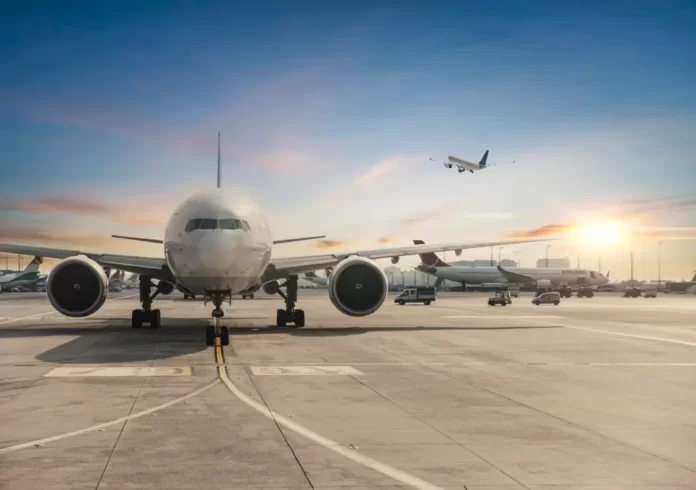The Minister of State for Petroleum Resources (Oil), Senator Heineken Lokpobiri, has addressed the challenges International Oil Companies face in allocating sufficient crude oil to domestic refiners, including the Dangote Petroleum Refinery, under the Domestic Crude Oil Supply Obligation framework.
Lokpobiri stated that most IOCs had signed pre-production agreements with long-term buyers, committing their crude supply before production even begins.
As a result, local refiners like Dangote Petroleum Refinery struggle to secure the allocations required under the DCSO framework.
This was disclosed by Lokpobiri while speaking at the ongoing Nigeria Energy International Summit on Wednesday in Abuja.
Recently, local refiners have accused the regulator of failing to allocate sufficient crude oil to domestic refineries, preventing them from operating at full capacity.
They also claim that regulators prioritize issuing petrol import licenses over supporting local refining.
The downstream regulator recently stated that the country’s three major operational refineries supply less than 50% of the nation’s daily petrol consumption.
However, local refiners argue that their limited output is entirely due to the government’s refusal to allocate sufficient crude to their facilities.
Reports indicate that for over six months, local refineries have not received a single barrel of crude, either through the DCSO or any special arrangement.
However, addressing the issue on Wednesday in Abuja, the oil minister stated that the only solution is to increase crude production.
He emphasized the need for increased investment in crude oil production to meet both domestic and international supply commitments.
“Today, we have a challenge with domestic crude oil supply obligation, which is provided for in the Petroleum Industry Act, but we cannot keep what we do not produce. But you can’t keep what you don’t produce. You can’t keep what you have already committed.
“I do know that most of you know the companies operating in Nigeria had commitments when they were raising funds for investment. But if we increase our production, we’ll be able to get more volumes, satisfy both our domestic obligation and also satisfy our external obligations.”
He attributed the underperformance of Nigeria’s oil and gas industry to challenges faced by companies in the upstream sector.
He stressed that this poor upstream performance has directly affected local refineries, making it difficult for them to access the crude oil needed for operations.
“The reason why we are struggling in the entire sector is because the upstream is underperforming. And once the upstream succeeds, the midstream will succeed, and the downstream will succeed. I believe the only way we can increase our upstream development is by investments. And these investments will not come for less,” he said.
The Minister stated that Nigeria has the potential to become a major player in the global oil and gas market but emphasized the need for a stable and predictable regulatory and legal framework to achieve this.











